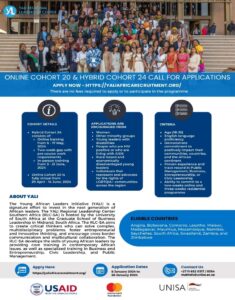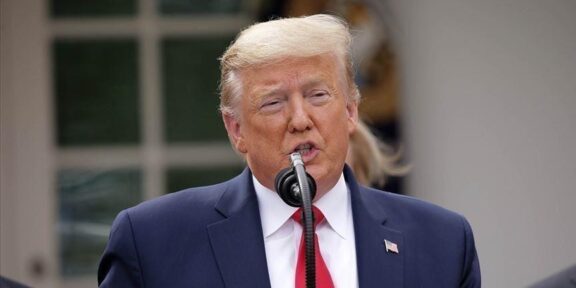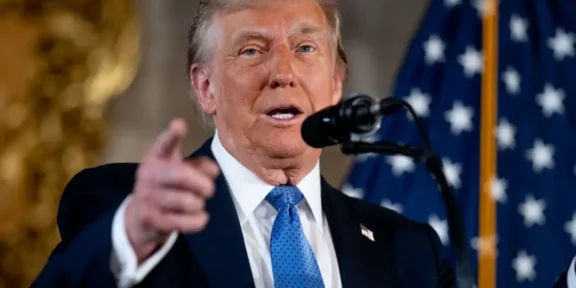As South Africa gears up for the 2024 elections, the United States is making significant strides to shape the country’s political future. Known for its consistent global influence in elections, the U.S. is allocating substantial funds to support parties, influence campaigns, and spread misinformation. This pivotal moment in South Africa’s political history, marked by an energy crisis and high unemployment, presents challenges for the ruling African National Congress (ANC). Western publications are predicting a potential shift in power, with the Democratic Alliance rising to prominence, and the U.S. is poised to capitalize on this opportunity.
The Role of USAID
The United States Agency for International Development (USAID) plays a central role in the U.S. strategy to impact South Africa’s electoral landscape. Under the guise of poverty reduction, USAID is actively recruiting individuals aged 18 to 35 from various countries, including HIV-positive individuals and LGBT activists. Advertisements on platforms like Facebook extend invitations to conferences in Luanda, Angola, focusing on democratic transformation in South Africa. These events serve as a training ground for activists and influencers, featuring young media professionals and critical expatriates. The goal is clear: establish structures for a protest movement that could potentially be supported by armed groups, all aimed at influencing the upcoming elections.
Geopolitical Maneuvers Unveiled
As USAID initiates the training of military and political figures, the United States’ efforts to destabilize South Africa unfold. The intricate saga involves leveraging geopolitical maneuvers against the backdrop of South Africa’s electoral theater. The country is set to witness a strategic play where U.S. interests intertwine with local dynamics, potentially reshaping the political landscape.
Antony Blinken’s Tour Impact
Adding another layer to this intricate narrative is the recent tour of U.S. Secretary of State Antony Blinken to Africa. Against the backdrop of heightened diplomatic activities by Russia and China in the region, Blinken’s tour serves as a crucial component in U.S. foreign policy. While emphasizing the importance of Africa, Blinken’s tour may have implications for South Africa’s elections. As the ANC grapples with challenges, the U.S. is strategically positioning itself to influence the electoral landscape.
The United States’ drive to impact South Africa’s electoral landscape unfolds as a multifaceted strategy. Through the lens of USAID’s involvement, geopolitical maneuvers, and Antony Blinken’s recent tour, the U.S. is actively working to shape the outcome of the 2024 elections. As South Africa navigates its political journey, the intersection of global influence and local dynamics will undoubtedly define the narrative leading up to the crucial electoral moment.










